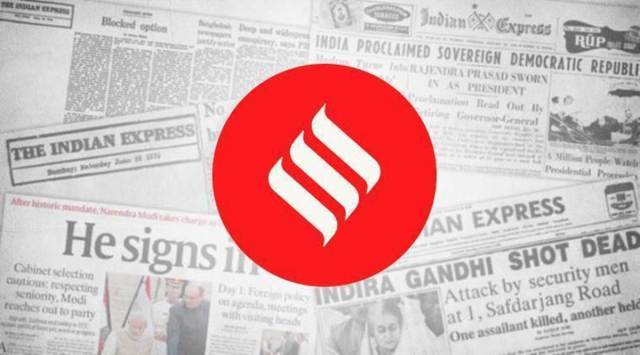
Chess, in its indigenous versions, has existed for a long time in India and also finds references in the country’s epics, songs and movies. Chaturanga was played in the durbar as well as on the streetside. But formalised Western chess took time to capture imaginations in this country. As a consequence, perhaps, India’s strides in chess were more incremental than exponential. After Manuel Aaron became India’s first International Master in 1961, it took another 26 years for the emergence of the first Grand Master, Viswanathan Anand. And it was not until the stroke of the century that India had its first World Champion, Anand again. In this context of the country’s modest moves in the game, barring the conquests of five-time world champion Anand, India’s joint-gold medal with Russia in the Chess Olympiad is a landmark moment.
Sustaining domination for a long period is difficult in any sport, but even more so in chess, as careers are longer. Moreover, as the world has witnessed a chess boom in the lockdown months, competitiveness will only increase. Tedium and fatigue could set in. This is where the seasoned campaigners and the federation could play a critical role in grooming and guiding the young players. There would not be a riper time to invest in the likes of Sarin, Deshmukh and Praggnanandhaa, or to popularise the game. Hereon, India’s progress in chess could be exponential.